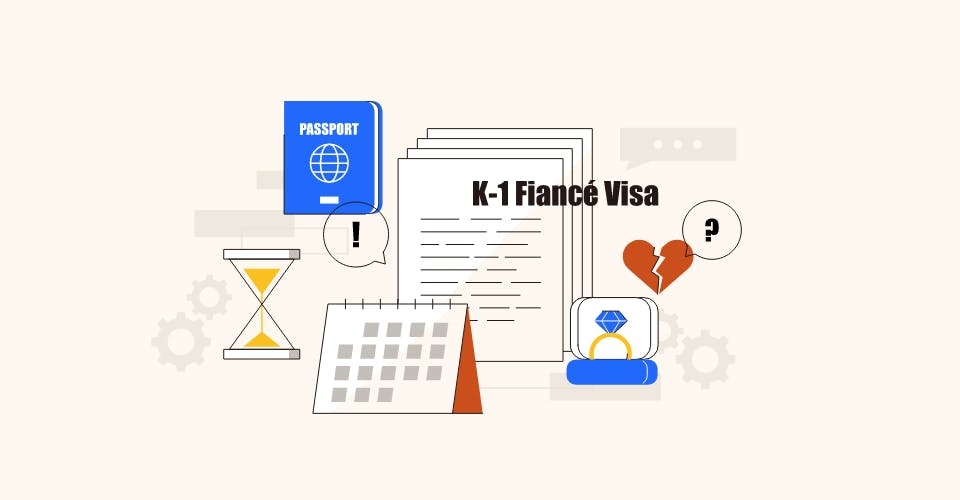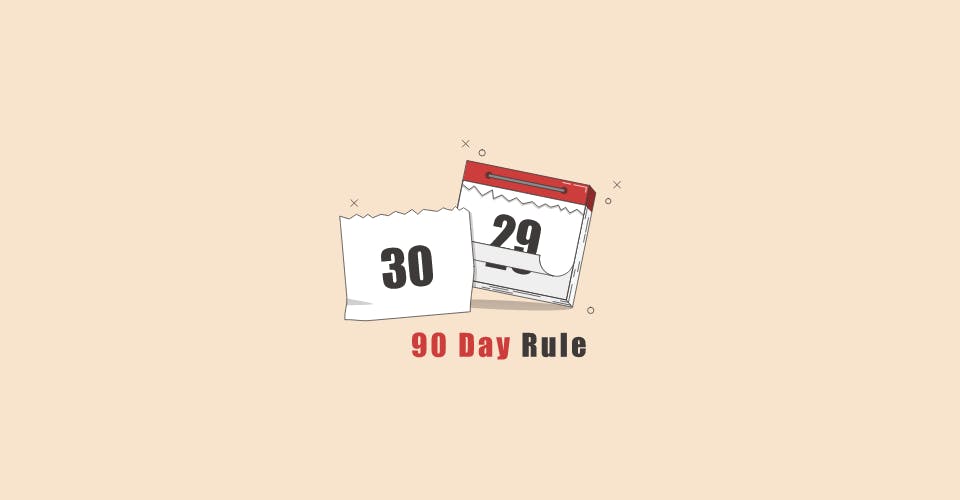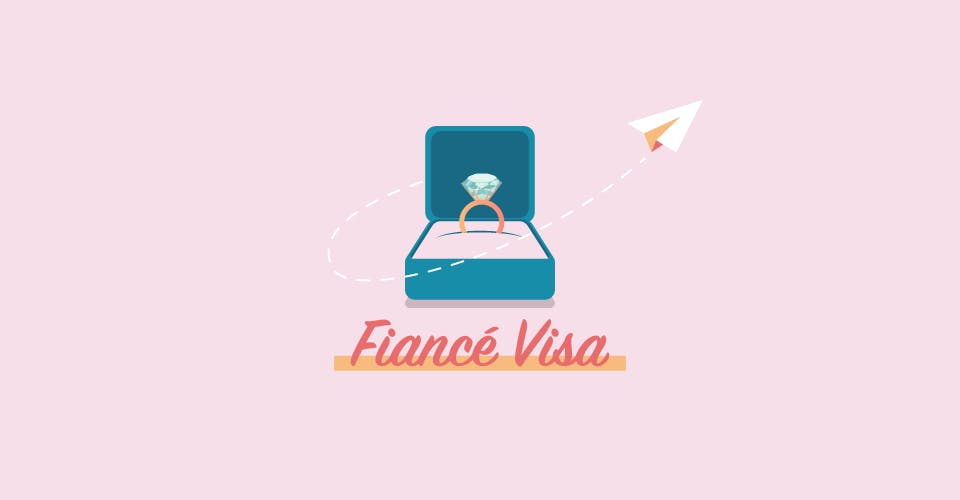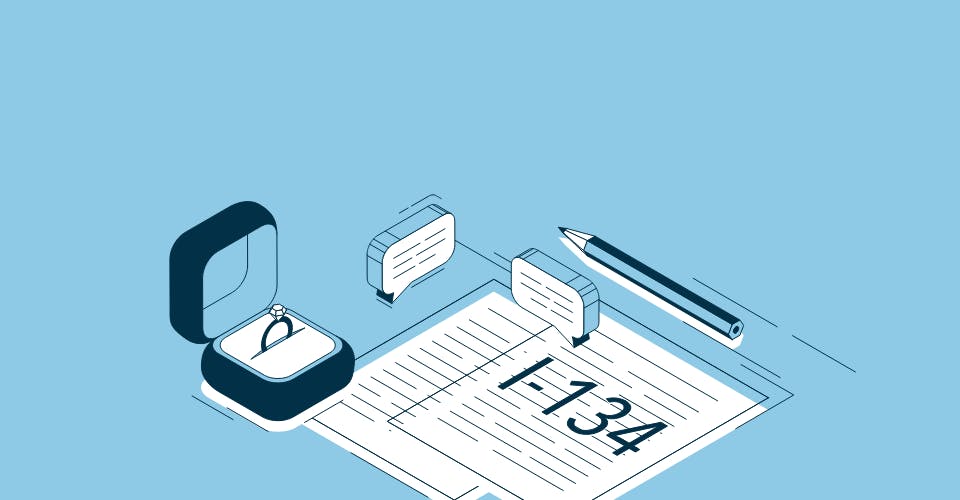In order to immigrate to the United States under the fiancé visa, one of the last steps you will need to take after your U.S. citizen counterpart has filed a petition on your behalf is attend a consular (or embassy) interview. This interview is unique, and will ask applicants who are intending on coming to the United States for the purpose of marrying, many questions pertaining to the relationship of the person they are engaged to. While some applicants might not have a problem during this interview phase, others might if they can’t recall specific details to the immigration officer regarding their relationship.
As such, this blog is dedicated to better understanding some of the interview questions that applicants could be faced with under the fiancé visa program.
Background
Keep in mind if you are immigrating to the United States under the fiancé visa, your interviewer at the U.S. consulate or embassy is already going to be skeptical in regards to your upcoming marriage. This is because 90 day visas have historically involved many cases of fraud and foreigners who are simply exploiting this visa process in order to get a green card in the U.S. Thus applicants should not make any mention that they are coming to the U.S. for the sole purpose of receiving legal permanent residency, and should focus on the details of they met their partner, where they met, and what their relationship is like.
Limited Time in the U.S.
Sometimes the consular interview for the foreign fiancé is difficult because of the limited time the applicant has spent in the United States, or even with their soon to be spouse. As such, the limited time the foreign fiancé has spent in the U.S. becomes an angle for the officer to see if the relationship is actually real. If this happens, the applicant should be prepared to show the officer photographic evidence of times the couple has spent together while in America. Photographic evidence takes some of the burden off of how much time the couple has spent together in America, and places the importance on what the couple has actually done together. In turn, this help officers understand the narrative of how a couple met and explaining the stories behind each picture will help legitimize the relationship.
If the officer asks the foreign fiancé how much time they have spent in the U.S. directly at some point in the interview, the applicant should not lie or exaggerate how much time they have actually spent in the States. This is because the officer will easily be able to check the applicants Entry/Exit Record.
Cultural Differences
Another tough question, or series of questions, that might be asked by consular officers could pertain to the apparent cultural differences between the U.S. citizen and their foreign fiancé (if any). For example, an Eastern European U.S. citizen who is engaged to an Eastern European foreign fiancé would perhaps not present any problems to immigration authorities if culture becomes a centerpiece during the interview. In fact the fiancé in his/her consular interview could use the point of cultural similarity to explain why and how their commonalities manifested in a relationship, or how the couple started to date because of a shared affection for Eastern European foods.
But this might not be as easy to prove for a U.S. citizen who is engaged to a partner from a completely different culture/ethnic background. The consular officer might ask the foreign fiancé in the interview what the couple does together, or if there differing cultures or backgrounds creates any type of difficulties in the relationship. This is a much harder question to answer, so applicants should be prepared to bridge the cultural gap and stay focused on the success of their relationship.
Age Differences
Finally, foreign fiancés should be expected to answer questions in their consular interview if there is a significant age gap between themselves and their U.S. based partner. There are plenty of ways to explain this, and marrying someone who is a few years younger or older is very common in the U.S. But age gaps that are generally greater than 10 years will invite skepticism from the interviewing officer, who might ask why the visa applicant wants to marry someone who is much older? Or perhaps why the visa applicant is not interested in someone of the same age. In any case, having a well thought, and legitimate answer to these types of questions is important for interview prep.














